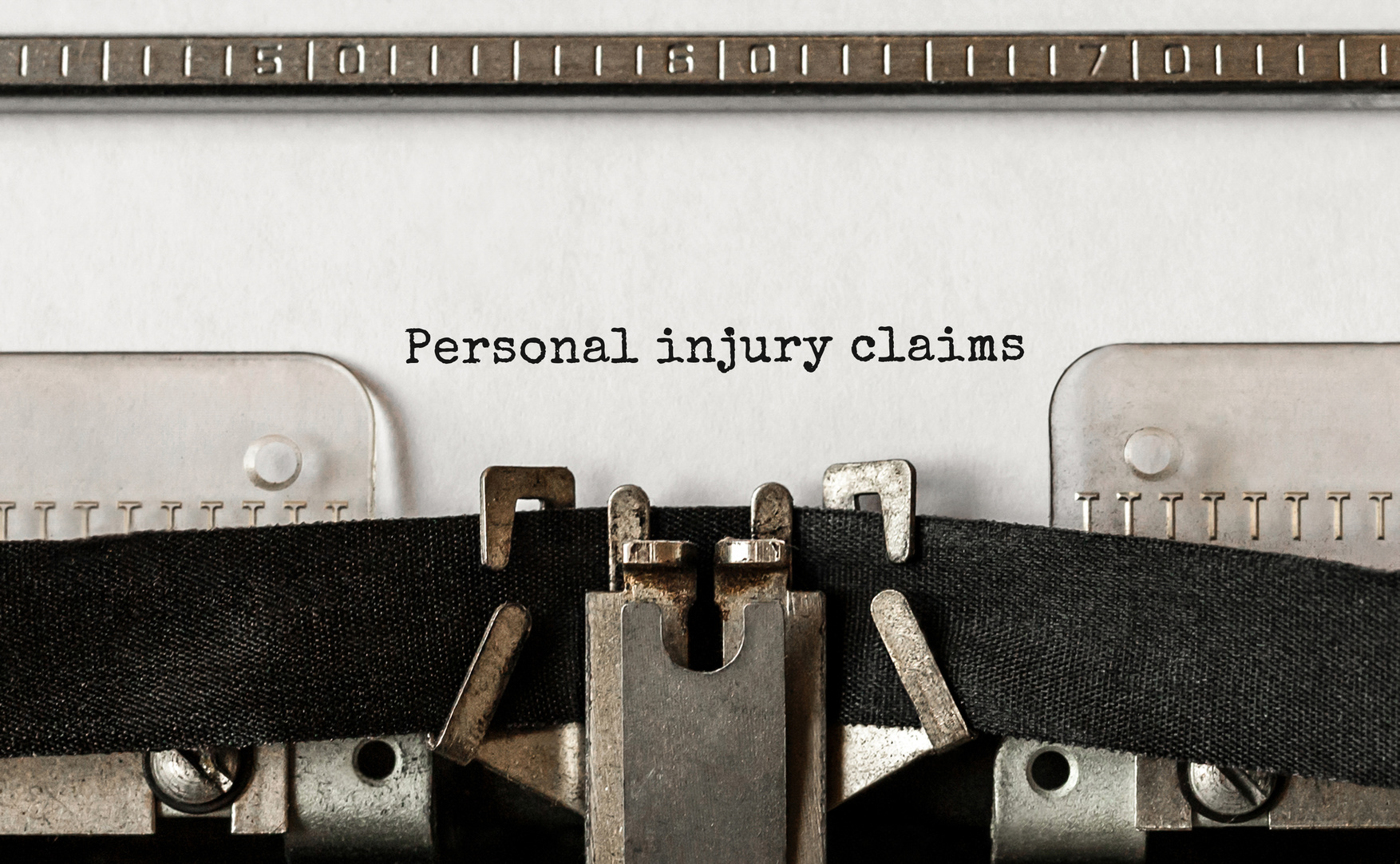The law limits the time that victims have to file a law suit after an injury. This is referred to as the statute of limitations and it can bar recovery for injuries if the law suit is not filed in time. This is why victims need to seek professional legal representation as soon as possible after an accident. There are hundred and thousands of personal injury attorneys out there. So how do you go about finding the right one? This is where J. Price McNamara can help. Our skilled and experienced attorneys can help guide you through the legal process and get you the compensation you need to help you right now. With your needs in mind, we have created this list of the top 8 tips for finding a personal injury attorney that best suits your legal needs. 1) Choose An Attorney Who Is Experienced In The Area You Of Law That You Need A personal injury attorney can mean that the attorney handles a broad variety of legal issues. You will also find that many attorneys have multiple areas of law that they handle in their practice. Clients should seek out a personal injury attorney that has previous experiences with your type of case. You can also ask if they have had many successful cases similar to your case. 2) Ask Family, Friends And Co-Workers For Recommendations Friends, family and co-workers can can usually provide great personal injury attorneys in your area that have successfully handled cases just like yours. Do not be afraid to ask if they were satisfied with the representation in their case. 3) Know What Types Of Things To Look For In An Attorney The types of things you will want in your atorney that will be handling your case are: competency, responsiveness, accessibility, passion, the ability to explain things in simple terms, attentiveness, honesty, integrity, compassion, realism and the character trait of being personable. The bottom line is that you will not want someone handling your case who isn't responsive or who you cannot tolerate. 4) Know What Characteristics To Avoid Avoid attorneys that: fail to pay or ignore court bills, give you unrealistic guarantees, fail to return your calls, have uncontrolled temper or anger issues, or attorneys that do not listen to your requests. 5) Have A List of Questions Ready Before meeting with your potential attorney, be sure to have a list of relevant questions to ask them about your case. Here are some important questions to consider:
- How many legal professionals will be working on my case?
- What is your specialized area of the law?
- How long do you think my case will take to resolve?
- What do you anticipate the cost will be for my case?
- What sort of payment do you expect? Do you work on a contingent basis?
- Have you ever been disciplined or suspended from practice of the law?
- What types of hurdles if any do anticipate for my case?



